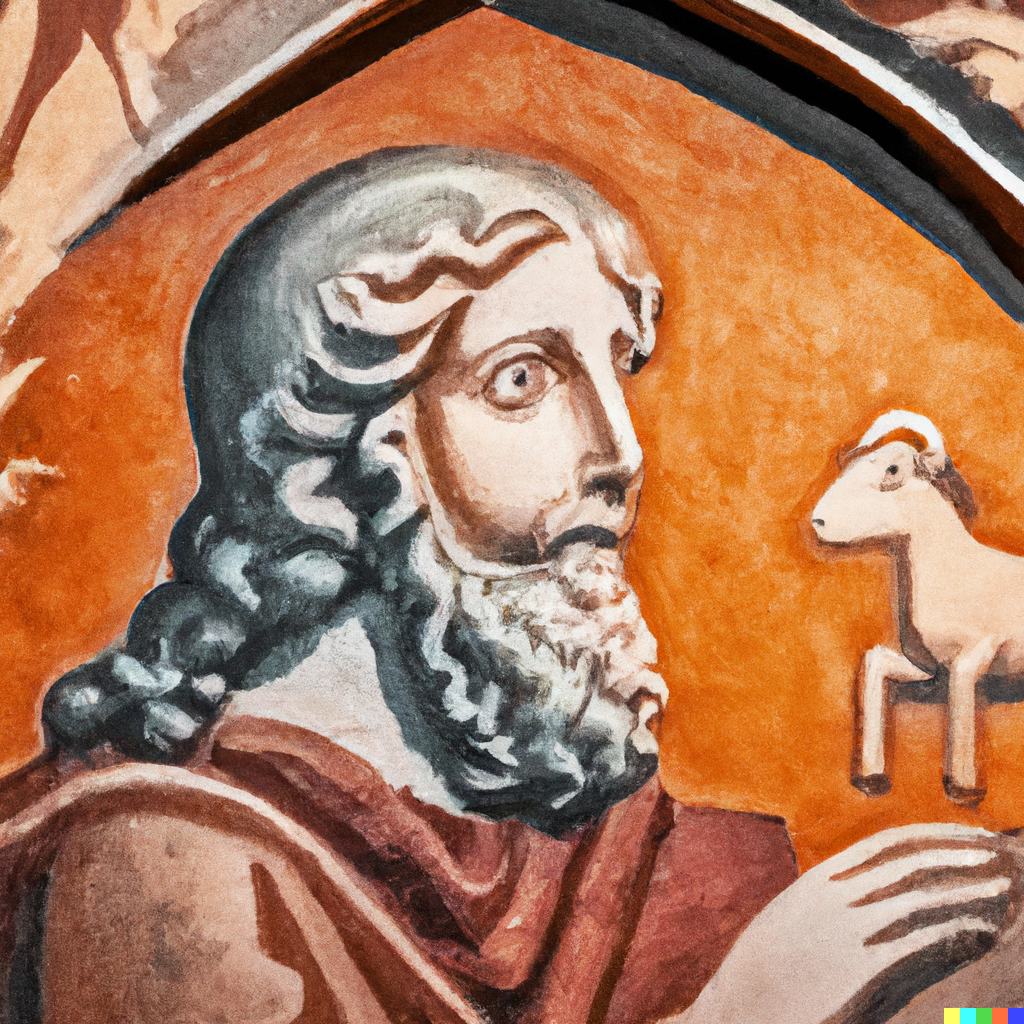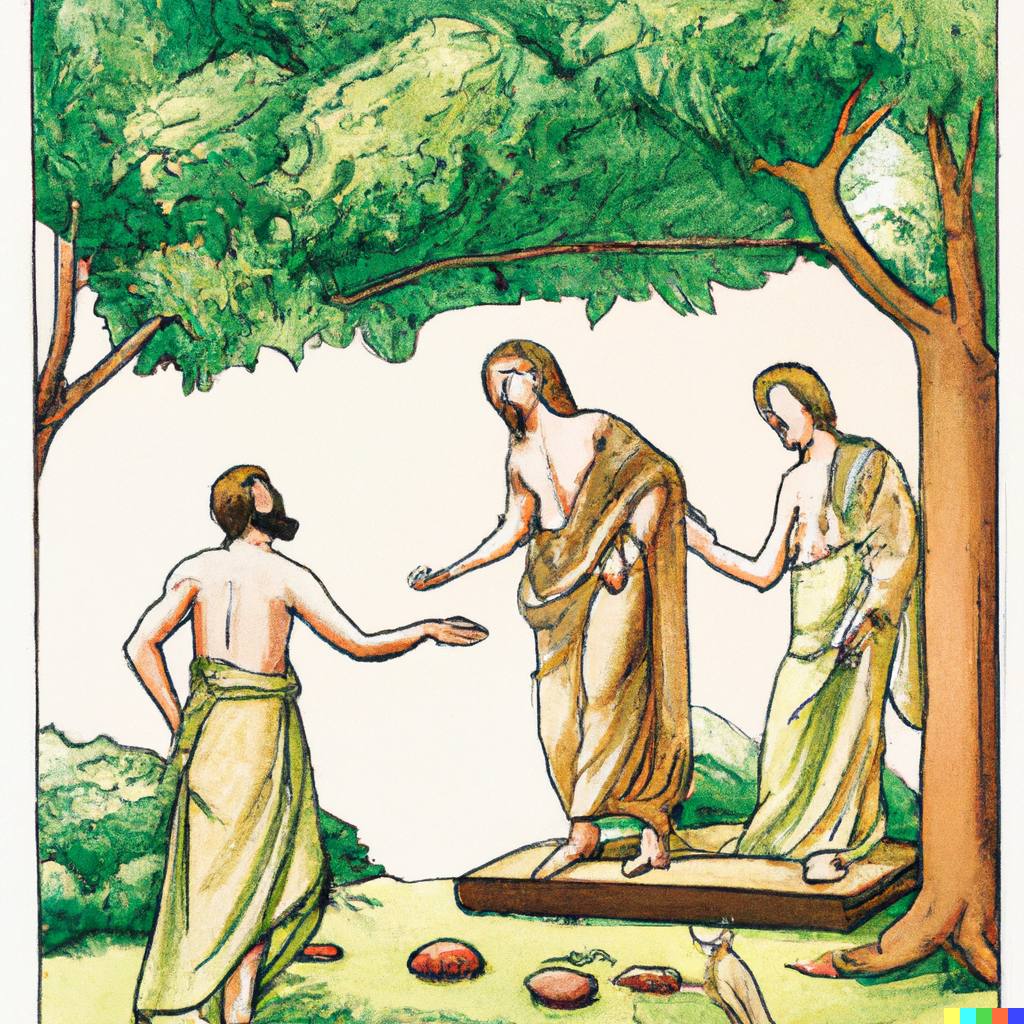(According to an AI) I’ll try to provide an objective overview of some commonly cited inconsistencies:
- The Creation Account (Genesis 1 vs. Genesis 2): Genesis 1 and Genesis 2 seem to provide different orders of creation. Genesis 1 suggests a sequential creation of light and darkness, sky and sea, land and vegetation, sun and moon, birds and sea creatures, land animals, and finally humans (both male and female at once). However, Genesis 2 appears to suggest that man was created before vegetation and animals, and woman was created last.
- God’s Omniscience vs. God’s Questions: The Old Testament often affirms that God is all-knowing (omniscient). However, there are instances where God asks questions that suggest He doesn’t know something, such as in Genesis 3:9, when God asks Adam, “Where are you?” and in Genesis 4:9 when God asks Cain, “Where is Abel your brother?”
- God’s Omnipotence vs. God’s Regrets: Similarly, the Old Testament presents God as all-powerful and all-knowing, yet there are moments when God is depicted as regretting His actions. For instance, in Genesis 6:6, God regrets creating humans before the Great Flood, which seems to contradict the idea of an unchanging, perfect being.
- The Character of God – Mercy vs. Wrath: The Old Testament often presents God as merciful and slow to anger (Numbers 14:18), but there are also instances where God’s actions appear to be swift and severe, such as the Flood (Genesis 7) or the destruction of Sodom and Gomorrah (Genesis 19).
- The Ten Commandments vs. Laws of Warfare: The Ten Commandments include prohibitions against killing (Exodus 20:13), yet there are parts of the Old Testament where God commands the Israelites to go to war and even wipe out entire cities, including every man, woman, and child (Deuteronomy 20:16-18).
- Laws of Animal Sacrifice vs. Criticisms of Sacrifice: The Old Testament law prescribes detailed rituals for animal sacrifices (Leviticus 1-7), yet later prophets, such as Isaiah (Isaiah 1:11) and Hosea (Hosea 6:6), quote God saying He does not desire sacrifices but rather obedience and mercy.

